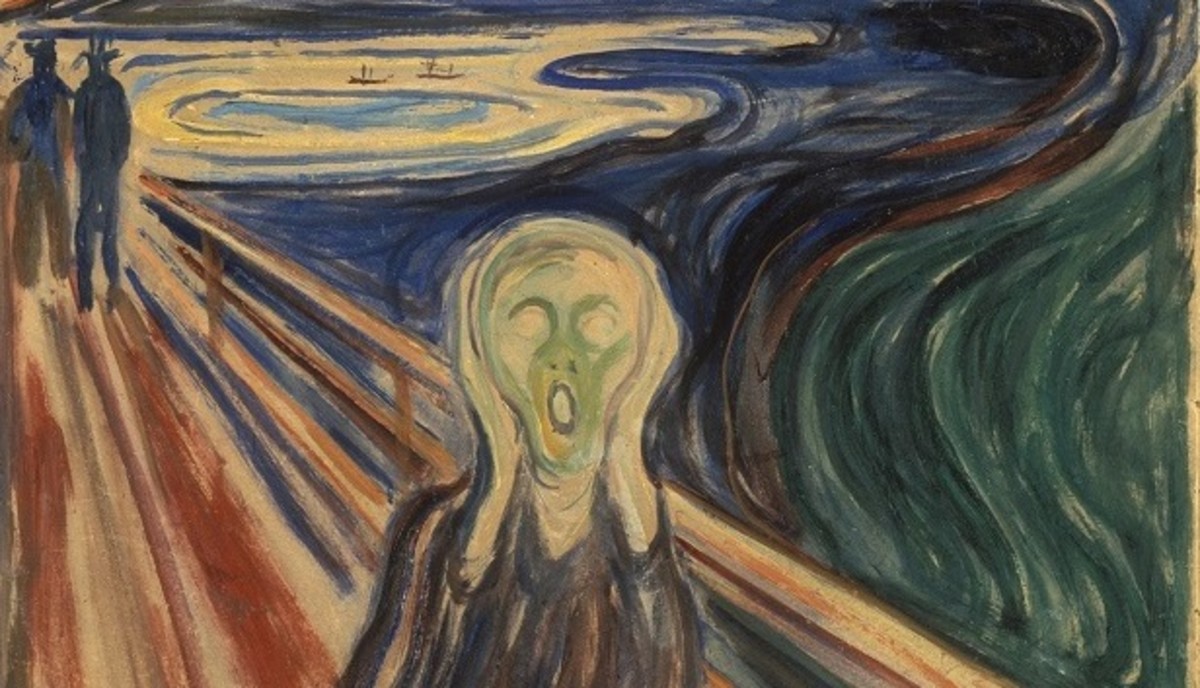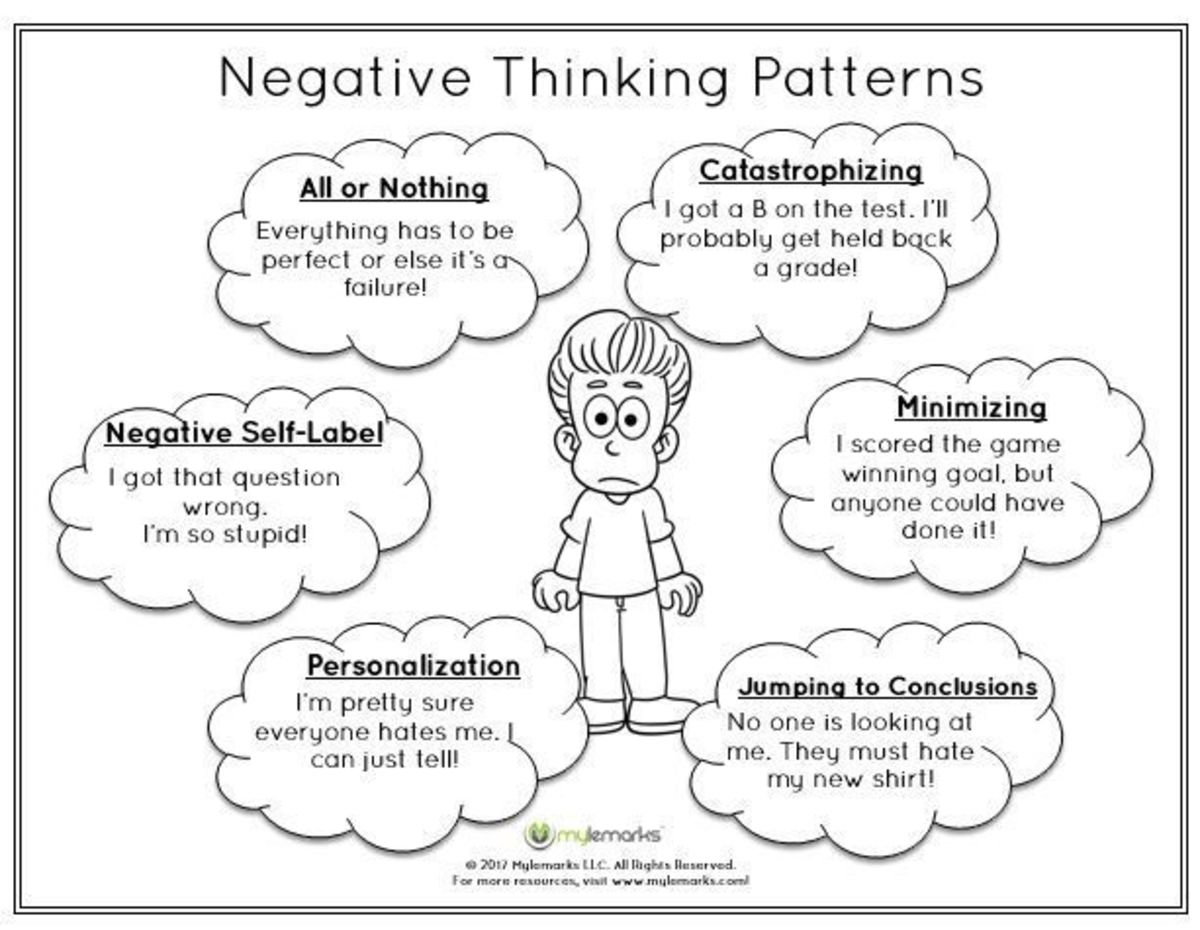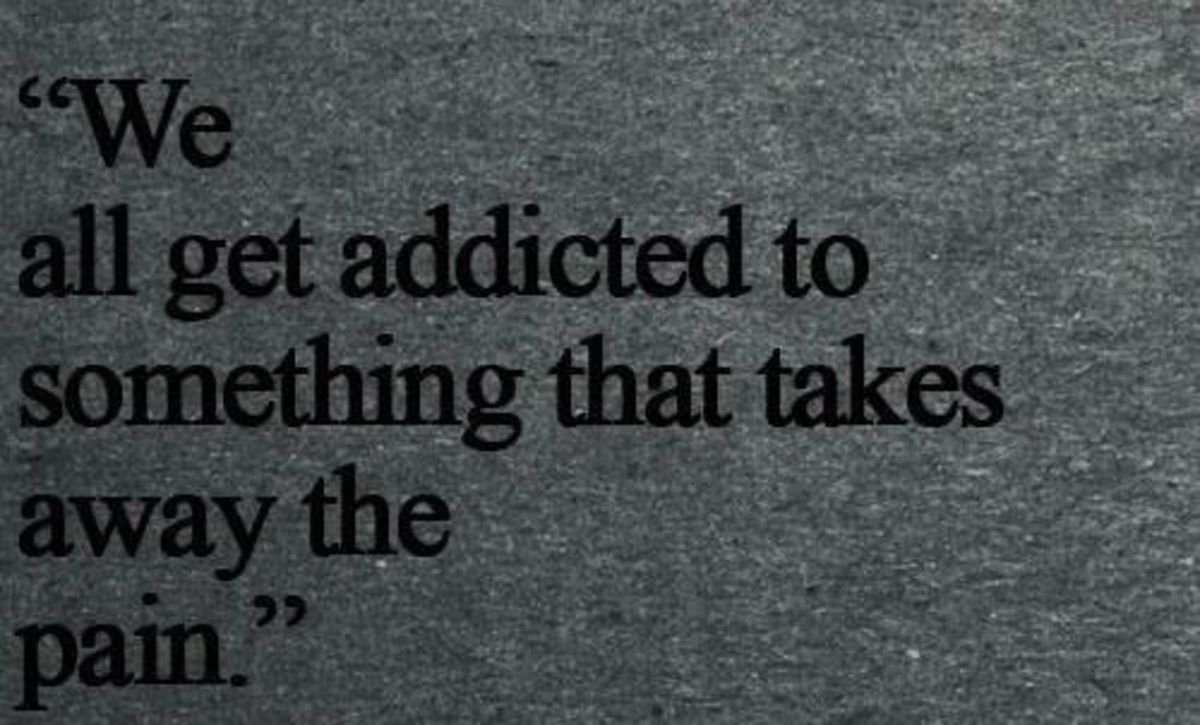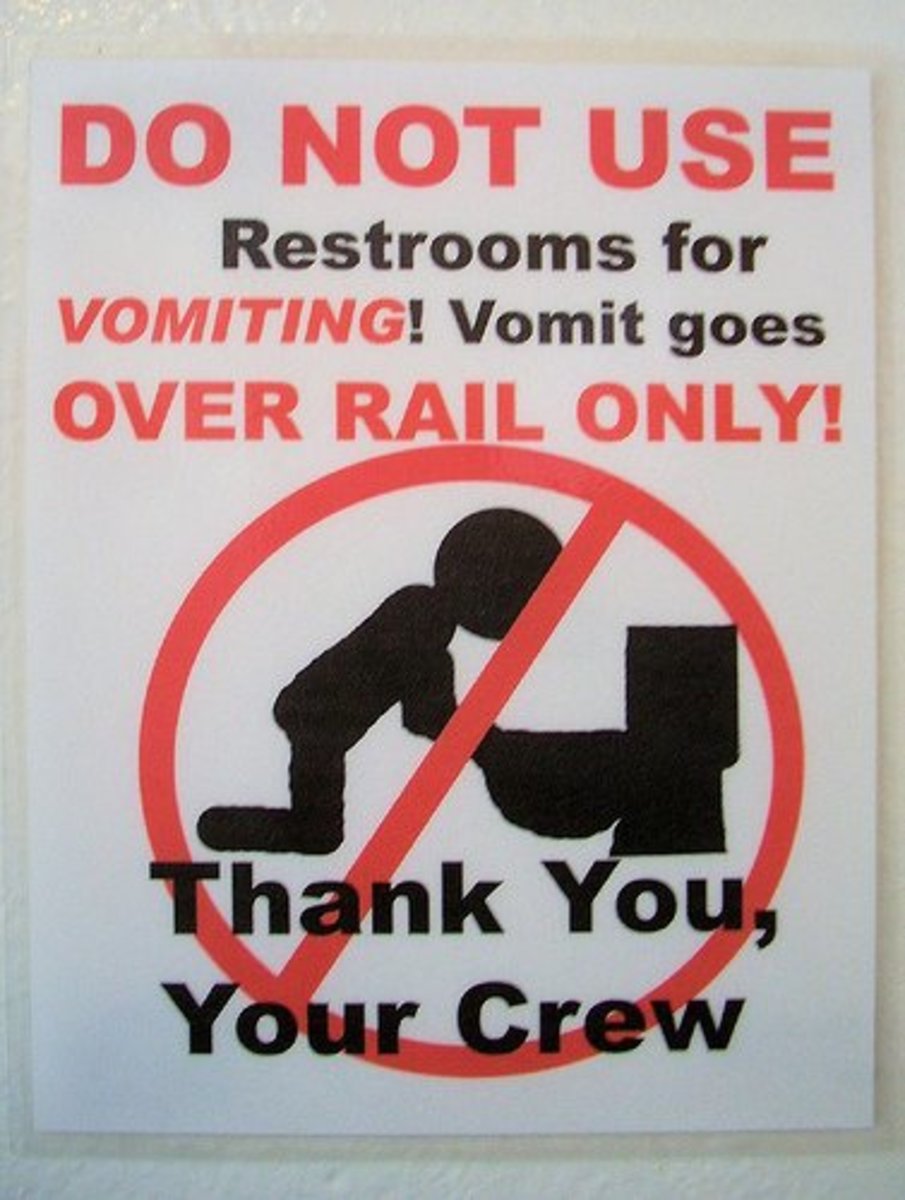7 Indications Thought Addiction is an Emotional & Mental Terrorist
Thoughts can be positive and productive but there is a darkside to them
Usually, thoughts are a gift. Thoughts are mighty, influential, and an impressive human strength. Thoughts can be active, creative, conceptual, enjoyable, entertaining, fruitful, haunting, inventive, imaginative, and decisive.
The Dark Side of Thoughts
As well as being a gift to the human brain, thoughts can have a dark side. Excessively focusing on thoughts can also become addicting. Thoughts can also be habitual, intrusive, harmful, painful, traumatic, scary, and stressful as well as unhealthy in the case of depressing, self-sabotaging or suicidal thoughts.
Everyone is susceptible to forming an addiction to a thought or set of thoughts. Thought addiction is much more prevalent and common than many believe. The concept of thought addiction is rarely affirmed out loud. Therefore, an addiction to thought can plant itself in the shadows of the subconscious mind and hidden from professionals. Leaving the suffer in fearful silence. Stuck painfully and terrorized within his or her head. Fighting and scared of something that cannot be seen or control.
Most importantly a thought addiction can latch on and terrorize a mental and emotional system easily.
Addicted to Thoughts?
Definition of Thought Addiction
The definition of thought addiction is the development of a habitual pattern around a thought, set of thoughts or statement. Meaning an unhealthy attachment to a thought, set of thoughts or statements. It is important to understand the difference between everyday continuous thought and a full-blown thought addiction. With a constant thought, it is where the repetitiveness of the thought achieves a goal. A full blown thought addiction is where a thought or set of thoughts are over thinking, obsessive thinking or rumination. The flavor of the content of a full-blown thought addiction is destructive, inappropriate or harmful.
But in contrast, an addictive involvement with a thought is where the thought becomes toxic and depletes every aspect of the person’s life, inside and out. Believe it or not, everyone gets caught up in a thought addiction at some time or another in their life.
For example, the processes of depressive, obsessive or suicidal thoughts are considered to be habitual patterns of thought. These types of thoughts can loop continuously within the mind seem can't be stopped. Or the example of an overwhelming thought which seems never to end, and can result in personal damage or death. A thought addiction is present when a person’s thoughts become so diluted that the person is locked out of reality, and perception becomes clouded with unreal facts. Thought addiction affects how a person functions in everyday situations with themselves, their thoughts their emotions and others in the world.
Ignoring a thought addiction is a real threat to a person's relationship with yourself, relationships with others and connection with reality. Thought addiction is a real addiction and when understood has merit. Thought addiction many times is the forerunner of a secondary habit to an emotion, substance or behavior. What this means a thought addiction is a phenomenon which serves as a sign or warning of some future destructive attachments.
Your Mind is Your World, Don't Lose It
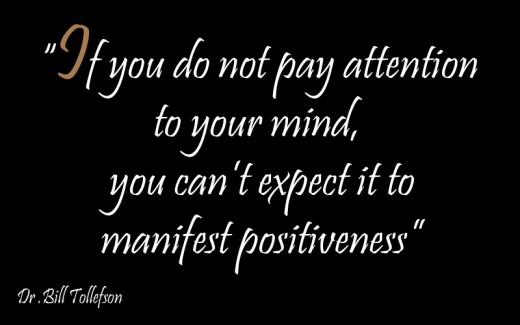
Thought Addiction Affects Your Life Directly
Let’s face it, everyone will suffer from an addicted negative, self-destructive, obsessive, suicidal thought or thought addiction from time to time during our lives. Some people become so fixated on a negative, self-destructive, obsessive or suicidal thought it can form a repetitive pattern of thinking. This type of thought fixation can more than likely turn into an unhealthy addictive attachment which cannot be let go of, that does not serve and becomes unhealthy.
When fixated on these types of repetitive thoughts, a person will spend so much time focused on thinking that it impairs daily living. These thoughts will develop into a constant mental loop, repeating over and over. Once stuck in a thought loop, the person is rarely can enjoy life because he or she are always worried about something "going wrong or bad happening." The person may get so deep into a thought addiction that all other relationships in their lives are avoided or ignored.
That is why it is essential is to recognize when your mind is repetitively thinking the same thoughts over and over again. This process of thinking can cause you to feel out of control. Also thought addiction could achieve power over your mind and become toxic. To counter it, increased mindfulness of how you think, monitor your thoughts and understand the flavor of your thoughts. Finally, evaluate whether the thoughts found are good or bad, harm or productive, realistic or unrealistic. If they are not useful, then denounce the harmful, bad and unrealistic ones. Once you face these non-serving thoughts, self-empowerment can be had.
A Thought Addiction can Become an Emotional and Mental Terrorist
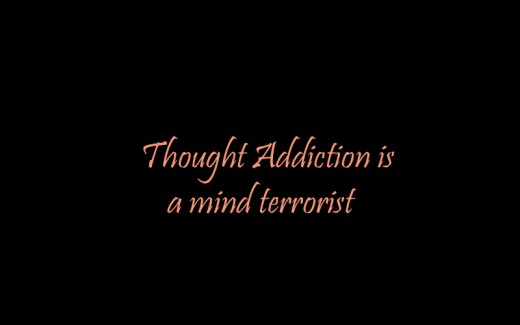
7 Tips Your Thoughts are Terrorizing Your Mind
These tips are beneficial by becoming more aware of what is going on in your mind as well as increasing your ability to monitor your thoughts. Sometimes thoughts are seen as independently produced, but that is not so. More accurately, thoughts are a direct byproduct of the content of the belief system, especially the core beliefs contained within. Sometimes when under stress or through those uncertain times it feels as though your mind has control over the production of your thoughts and you do not. Constant thought looping feels like a terrorist is taking up space in your mind.
So how do you know you might be suffering from a thought addiction?
The following is seven tips to assist in understanding if your thoughts have taken over your mind. If you answer is true on more than five tips your under high stress and anxiety which you need to address with a professional.
1. When a thought in your head consumes all your time, and you're unable to stop thinking about that thought no matter what is happening in your life
2. When you are so focused on a thought or set of thoughts that you are not experiencing what's happening at the moment
3. When you find yourself returning to a thought, you promised you would not think about ever again
4. You spend more time in an attachment to thought rather than interacting with yourself or others in your life
5. When eating and sleeping patterns are severely disrupted, due to constant fixation on a particular thought or set of thoughts
6. You experience an increase in anxiety or stress when you think of a specific thought or set of thoughts
7. When being in fear a state of fear about the way you're thinking all the time. And you feel your thinking will cause something terrible will happen to you

The Truth
Thought addiction does exist. In fact, thought addiction is a fact of mental life. A thought addiction lays deep in the shadows of the subconscious mind. You may be completely unaware you're out of control with your thoughts. Once a thought addiction has formed, it can become very debilitating.
From that point on, thought addiction could severely deplete all your mental, emotional, physical and spiritual energy. Thought addiction could also drive you into forming one or more secondary toxic habits, sometimes in an attempt to quiet those thoughts.
Way Out
There are ways to rid yourself of a thought addiction. Don't lose faith. Determine your core beliefs by recognizing them, delete the core beliefs which are harmful, self-destructive or don't serve you and lastly create new ones to take the place of the old beliefs.
What to do?
If you or someone you know suffers from a thought addiction, seek help and support.
To find out whether you have a thought addiction or not, take a free online self-grading thought addiction assessment.
There is a new alternative profession called Mind Coaching which can offer help to people suffering from thought addictions, obsessive thinking, rumination or caught in negative thinking. Someone who is a master of mind coaching can teach the skills required to become healthy minded and have a respectful command of your thoughts. Coaching can support one through difficult stages of recovery.
© 2011 Bill Tollefson

